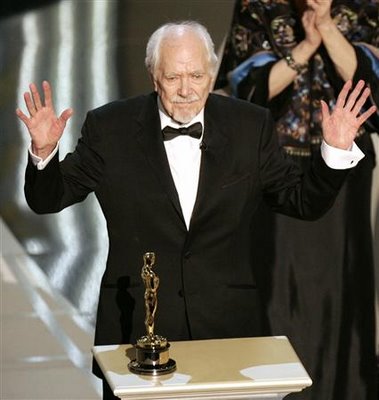When I told a friend in Nashville that she ought to take her granddaughter to see the double bill of
The 7th Voyage of Sinbad and Jason and the Argonauts next week at
The Belcourt, she was... well, dubious. After all, she pointed out, the little girl isn't even old enough to attend grade school yet. To be more precise: She's three years old.
So I emailed links to trailers for the films, in the hope of convincing her that both movies were relatively harmless, and certainly no scarier and/or more violent than most of what passes for kid-centric TV programming today. Well, that turned out to be a deal-breaker: My friend said even the trailers likely would be enough to give her granddaughter nightmares.
Wow.
Well, as I
have said before: While I was growing up, even cheesy sci-fi flicks could give me the willies. But adventure movies featuring
Ray Harryhausen special effects? WTF? I gobbled these up like fresh popcorn at the old
Nola Theatre back when I was a kid. Could watching sword-fighting skeletons really be
that traumatic an experience for a contemporary youngster?
Parents and grandparents, take a gander at these trailers and tell me: Would you hesitate to take
your young'uns to this double feature? Did I do my own son irreparable harm by showing him nifty stuff like this on VHS back in the day?
Update: Ten minutes after posting this, I
put the second question to my now-26-year-old son. His reply: "Well, not
irreparable..." So maybe my Nashville buddy knows best after all.




